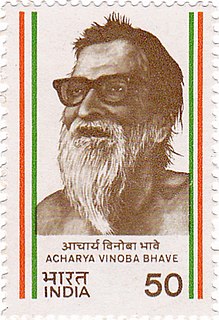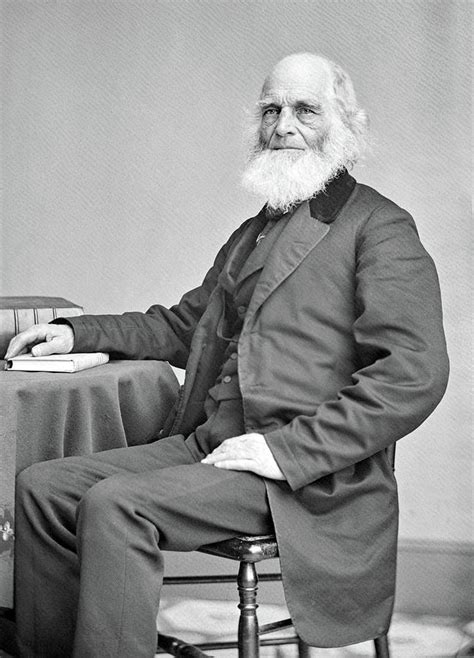A Quote by Frederic Lawrence Knowles
The night walked down the sky with the moon in her hand.
Related Quotes
I could distinguish the shape of her bosom, her arms, her thighs, just as I remember them now, just as now, when the Moon has become that flat, remote circle, I still look for her as soon as the first sliver appears in the sky, and the more it waxes, the more clearly I imagine I can see her, her or something of her, but only her, in a hundred, a thousand different vistas, she who makes the Moon the Moon and, whenever she is full, sets the dogs to howling all night long, and me with them.
It was like noticing the sun. You couldn't help but see it, to turn to face the heat of it, to bask in the glory of it. But often when the sun is high in the sky, the moon is up there, too. A dim memory of what she will be in the night, but there, nonetheless, dim and misty, hard and white. At night, there is only the moon, the sun is nowhere to be seen. There are no distractions when the moon rules the sky.
It's that moon again, slung so fat and low in the tropical night, calling out across a curdled sky and into the quivering ears of that dear old voice in the shadows, the Dark Passenger, nestled snug in the backseat of the Dodge K-car of Dexter's hypothetical soul. That rascal moon, that loudmouthed leering Lucifer, calling down across the empty sky to the dark hearts of the night monsters below, calling them away to their joyful playgrounds.
The sun rejoicing round the earth, announced
Daily the wisdom, power and love of God.
The moon awoke, and from her maiden face,
Shedding her cloudy locks, looked meekly forth,
And with her virgin stars walked in the heavens--
Walked nightly there, conversing as she walked,
Of purity, and holiness, and God.
When we will all see our role in society as servants, we will all light up the sky together like countless stars on a dark night. Don’t think of society as the sky on a full moon night. The moon’s harsh light blinds us to the true and humble work of the stars. But on a moonless night, the true servants shine forth, as though they are connected invisibly in this vast and infinite cosmos.
I grew up in New York City where there is no night sky. Nobody has a relationship with the sky, because, particularly in the day, there was air pollution and light pollution, and you look up, and your sight line terminates on buildings. You know the sun and maybe the moon, and that's about it. So what happens is that I am exposed to the night sky as you would see it from a mountaintop, and I'm just struck by it. Suppose I grew up on a farm where I had that sky every night of my life - then you're not going to be struck by it. It's just the wallpaper of your nighttime dome.
There was just one moon. That familiar, yellow, solitary moon. The same moon that silently floated over fields of pampas grass, the moon that rose--a gleaming, round saucer--over the calm surface of lakes, that tranquilly beamed down on the rooftops of fast-asleep houses. The same moon that brought the high tide to shore, that softly shone on the fur of animals and enveloped and protected travelers at night. The moon that, as a crescent, shaved slivers from the soul--or, as a new moon, silently bathed the earth in its own loneliness. THAT moon.
Do you imagine the universe is agitated? Go into the desert at night and look out at the stars. This practice should answer the question..... The master settles her mind as the universe settles the stars in the sky. By connecting her mind with the subtle origin, she calms it. Once calmed, it naturally expands, and ultimately her mind becomes as vast and immeasurable as the night sky.
The Moon is a white strange world, great, white, soft-seeming globe in the night sky, and what she actually communicates to me across space I shall never fully know. But the Moon that pulls the tides, and the Moon that controls the menstrual periods of women, and the Moon that touches the lunatics, she is not the mere dead lump of the astronomist. . . . When we describe the Moon as dead, we are describing the deadness in ourselves. When we find space so hideously void, we are describing our own unbearable emptiness.



































